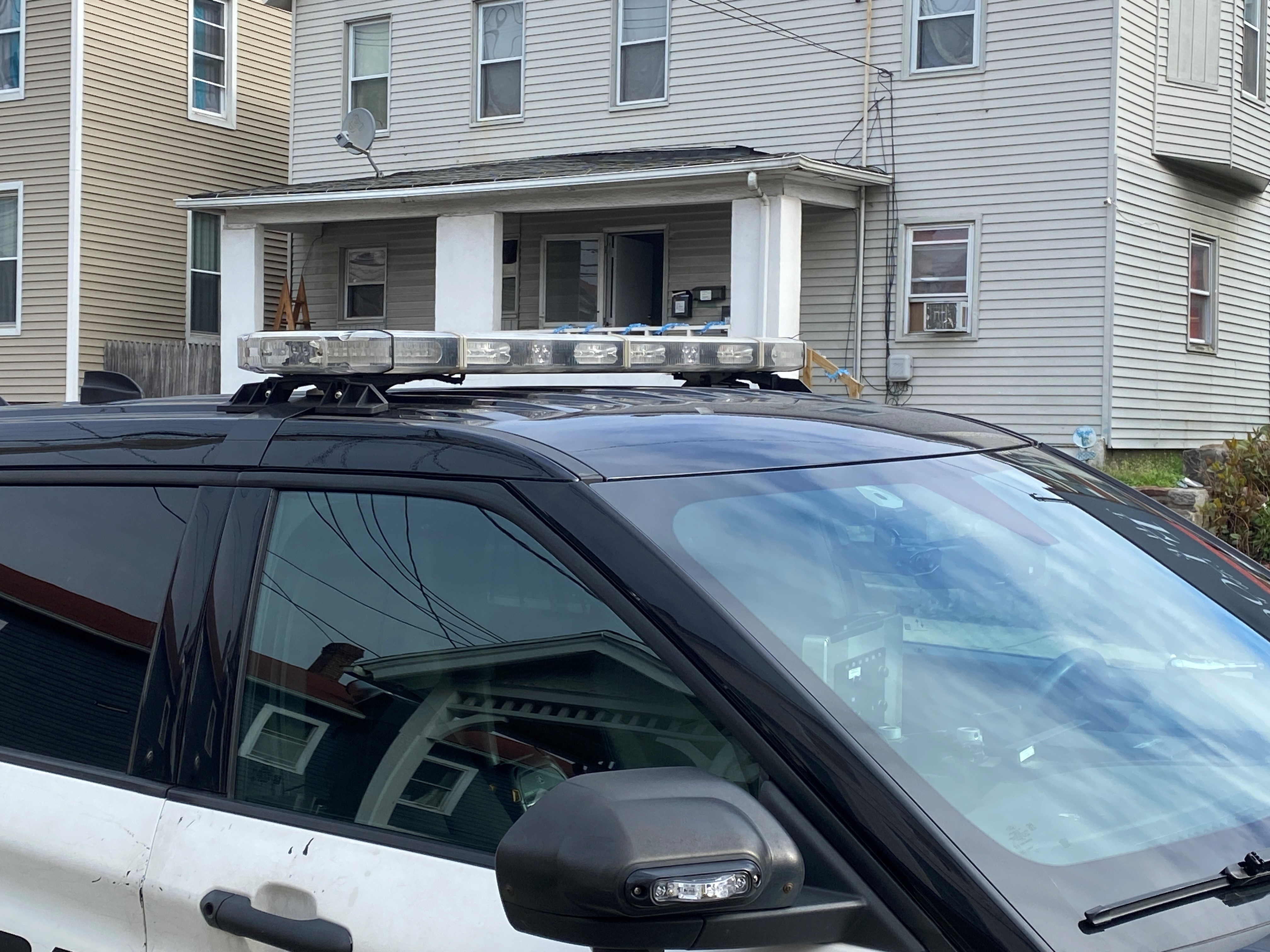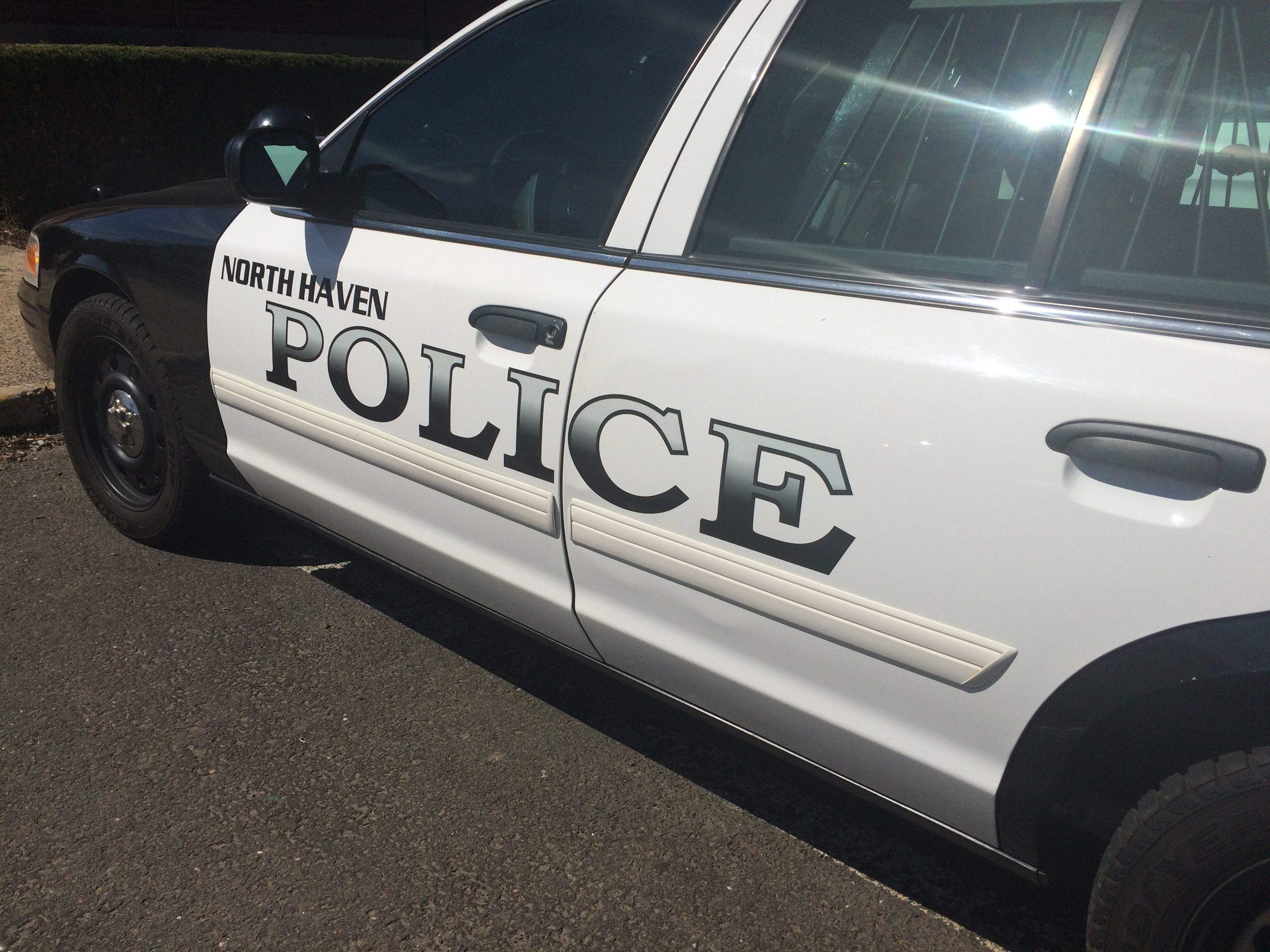There are great disparities when it comes to health in Connecticut, and that is not new.
"The issues around health disparities in Connecticut really pre-date COVID…but COVID exacerbated existing disparities that we had in the state,” Vicki Veltri, executive director of the Connecticut Office of Health Strategy explained.
The mission of the Office of Health Strategy, or OHS, is meant to close that gap.
"Everything affects health; where people work, where people live, whether they have access to food that's affordable to them, whether they have transportation to not just health care but their employment, the environment. What's in the soil in the apartment complex they live in? All of these things address the health of our population in Connecticut,” Veltri said.
Get Connecticut local news, weather forecasts and entertainment stories to your inbox. Sign up for NBC Connecticut newsletters.
Her team is getting some financial help in the form of a federal grant from the Centers for Disease Control and Prevention. The $17 million grant was just awarded to the state’s Department of Public Health, and $3.3 million will go to OHS, and in turn, the communities it serves, many of which are communities of color.
Reducing maternal and nutritional disparities and overcoming language barriers and transportation barriers to address health care and food insecurity are work that OHS and community organizations focus on. It only works if they build trust with the communities they work in.
"It's targeted around an overarching strategy around testing and infrastructure and pandemic response, but the part that's tailored to the Office of Health Strategy is related to deep community work that we've undertaken for the last four years and that is to work in collaboration and partnership with people on the ground and in the community who work daily with residents in that area."
Local
OHS said the $3.3 million will make a difference in addressing health disparities as the funds are allotted over the next two years.
Other funds from the federal grant will go toward ongoing DPH pandemic response like making testing procedures, contact tracing, quarantine and isolation strategies and vaccination programs more equitable and accessible for populations known to be high-risk, underserved and hard to reach.



